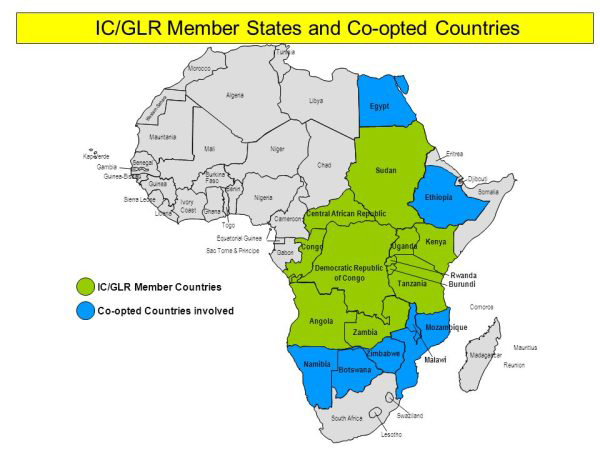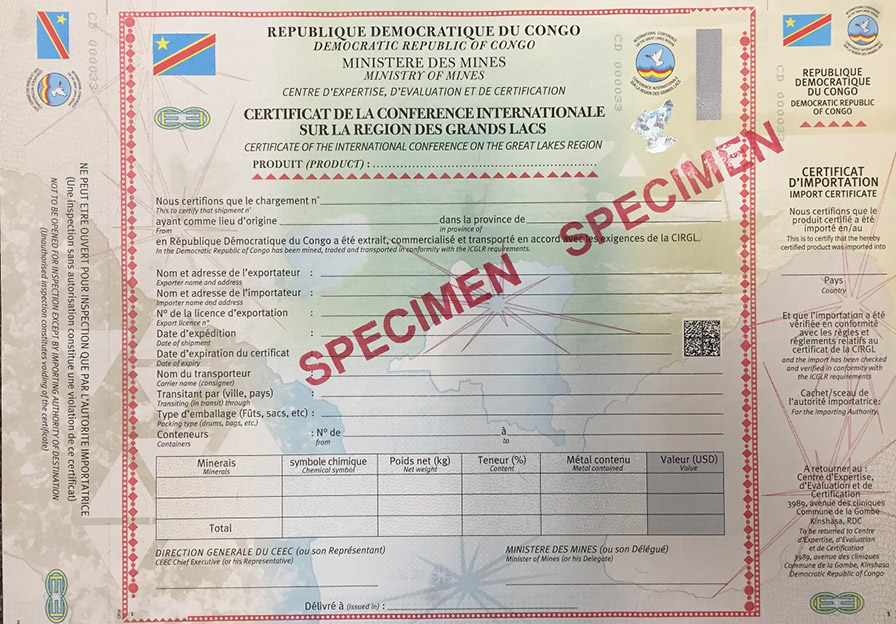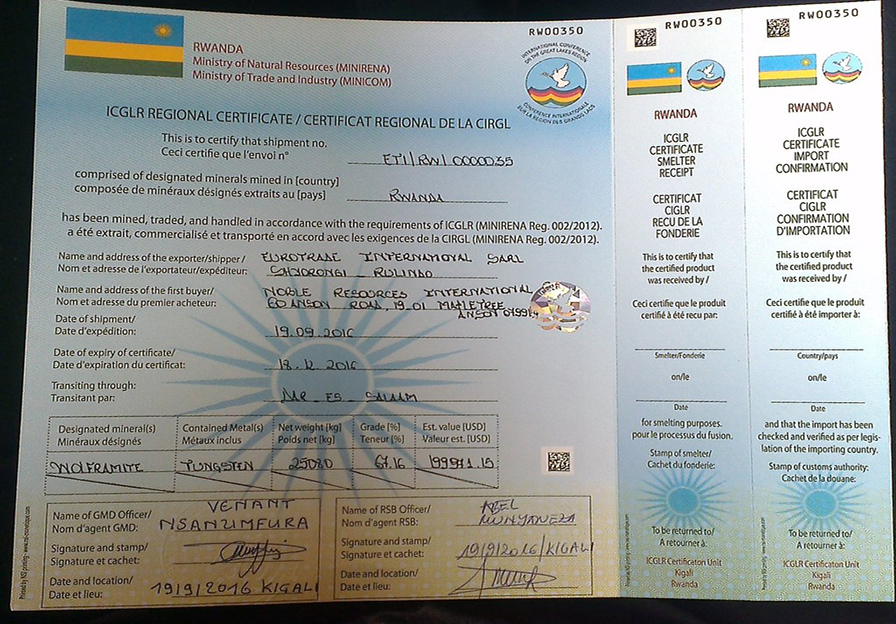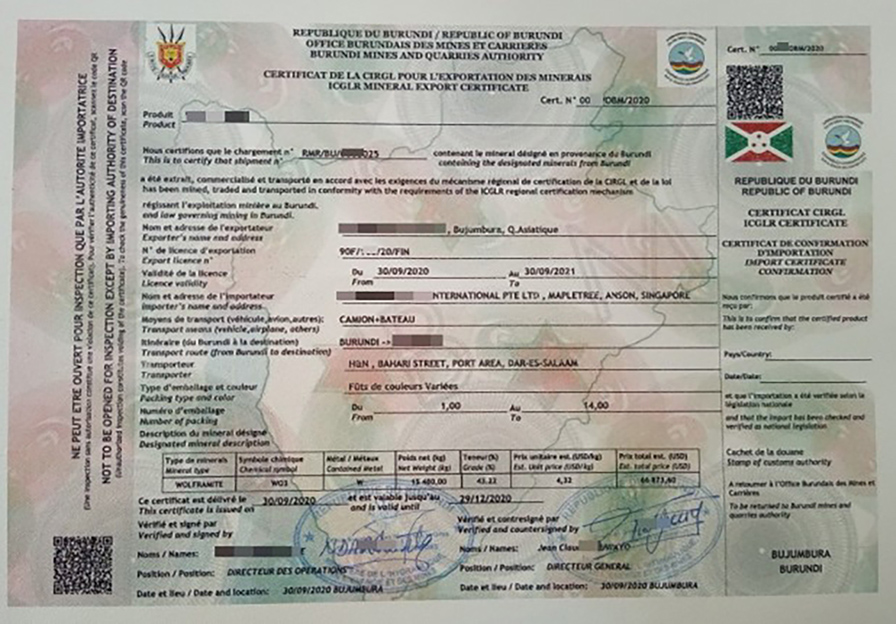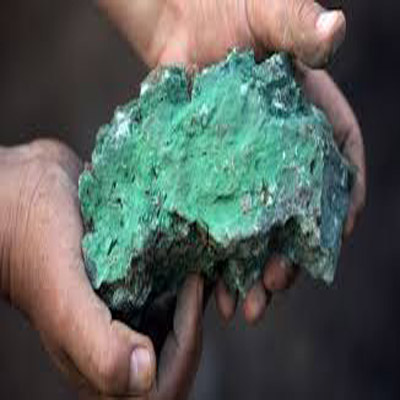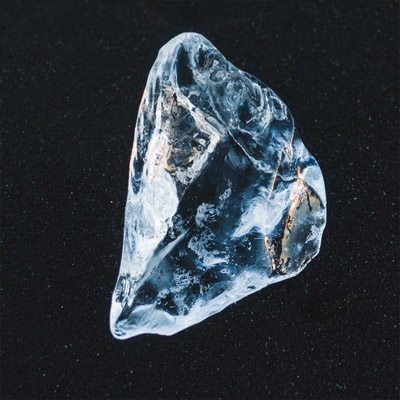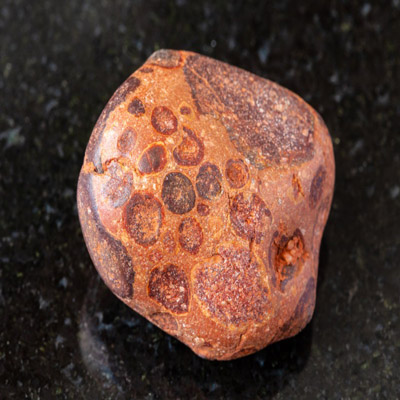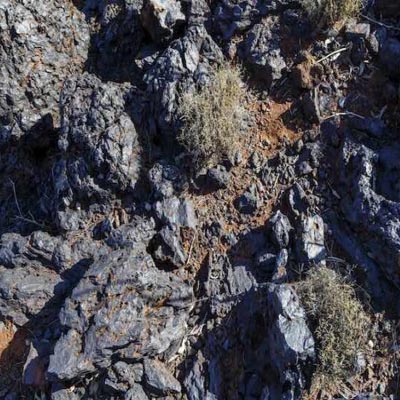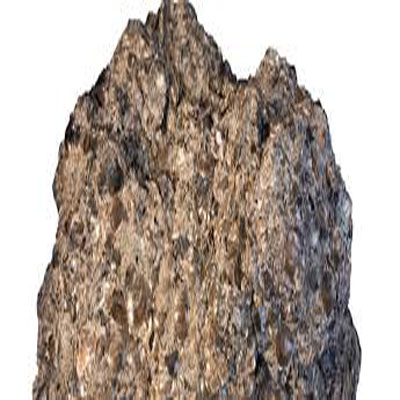
Welcome to ICGLR’s Certification Platform
Track and verify mineral certificates to ensure responsible sourcing.
Check Your CertificateAbout ICGLR
Fostering Regional Peace and Prosperity

Peace and Security
Promoting regional stability through joint security measures and conflict resolution.
Regional Centers
Operational hubs in Bujumbura, Kampala, Lusaka, and Goma.
Explore ICGLR
Our Mission
The International Conference on the Great Lakes Region (ICGLR) fosters peace and development across twelve member states: Angola, Burundi, Central African Republic, Republic of Congo, Democratic Republic of Congo, Kenya, Uganda, Rwanda, South Sudan, Sudan, Tanzania, and Zambia.
Founded to address regional conflicts, such as the 1994 Rwandan genocide and DRC instability, ICGLR drives collaborative solutions. The 2006 Nairobi Pact and the 2007 Executive Secretariat in Bujumbura anchor our efforts.
![]() Peace and Security Declaration
Peace and Security Declaration
Our Global Partners
ICGLR collaborates with international and regional partners to advance its mission.
The Group of Friends (GOF), established in 2003, includes 27 countries, the EU, AU, and Türkiye, providing technical and diplomatic support.
Key partners include the UN, UNDP, UNHCR, UN Women, UNECA, World Bank, and regional organizations:
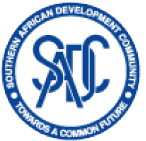 |
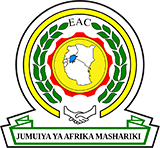 |
 |
 |
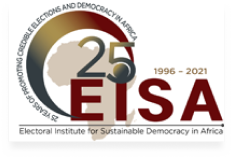 |
 |
|---|---|---|---|---|---|
| SADC | EAC | UN | GIZ | EISA | P.R. China |
Minerals Protocol
Ensuring Ethical Resource Management
Regional Initiative
The Great Lakes Region’s mineral wealth is often exploited illegally, fueling conflict. ICGLR’s Regional Initiative (RINR) promotes transparency and ethical sourcing to break this cycle.
Approved by member states, RINR uses six tools to ensure minerals like tin, tantalum, tungsten, and gold contribute to peace and development.
RINR Tools (Lusaka, 2010):
- Artisanal Mining Formalization: Training and support for artisanal miners.
- EITI Peer Learning: Enhancing transparency in extractive industries.
- Whistleblowing System: Confidential reporting for illegal activities.
- National Legislation Harmonization: Aligning regional mining laws.
- Mineral Flow Database: Tracking mineral trade routes.
- Regional Certification Mechanism (RCM):
- Mine Site Audits
- Chain of Custody Tracking
- Export Certification
- Regional Database Tracking
- Third-Party Audits
Protocol Document
 ICGLR Anti-Exploitation Protocol
ICGLR Anti-Exploitation Protocol
Tools Overview
 RINR Six Tools Summary
RINR Six Tools Summary
Member States
Certifying Countries
Support Hubs
Enforcing Countries
ICGLR Certificates
Sample Certificates
Examples of certificates issued by certifying member states.

Certification Tools
ICGLR’s Regional Initiative (RINR) employs six tools to ensure transparent and ethical mineral sourcing, focusing on 3TG minerals.
Regional Certification Mechanism
Certifies 3TG supply chains with audits, aligning with OECD standards.
Mineral Flow Database
Monitors mineral trade to detect illicit activities.
Artisanal Mining Formalization
Supports artisanal miners with training for better practices.
Legislation Harmonization
Standardizes mining laws across member states.
EITI Implementation
Promotes transparency in extractive industry revenues.
Whistleblowing System
Enables confidential reporting of illegal mining activities.

RCM Manual
Details the Regional Certification Mechanism processes.
Fraud Prevention
Tools and teams to combat mineral certification fraud.
Enforcement and Inspections
ICGLR works with regional offices and customs agencies to ensure compliance.
- Headquarters in Bujumbura
- Regional Centers
- Customs Agencies
- COMIPRO Collaboration
Forged Certificates
Only Burundi, DRC, and Rwanda issue ICGLR certificates. Verify them here.
Fraudulent Websites
Avoid fake sites posing as ICGLR platforms.

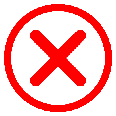 www.icglrcertification.com
www.icglrcertification.com www.icglrcertification.org
www.icglrcertification.org www.ceecertification.com
www.ceecertification.com www.ceecicglrcertification.org
www.ceecicglrcertification.org https://www.icglr-cirgl.africa
https://www.icglr-cirgl.africa

Frequently Asked Questions
Answers to common questions about ICGLR’s certification process.
What does an ICGLR certificate do?
It tracks minerals from mine to export, ensuring ethical sourcing.
What is ICGLR’s role in certification?
ICGLR oversees ethical mineral sourcing through its Regional Initiative.
What are the certification requirements?
Includes audits, chain of custody tracking, and third-party verification.
How much is an ICGLR certificate?
Costs vary from 0.1% to 4% of the shipment’s value.
What occurs during a shipment inspection?
Inspectors verify mineral origins, compliance, and certification costs.
Contact Us
Connect with the ICGLR Certification Team
Address
Boulevard du Japan, No 38,
P.O Box 7076,
Bujumbura, Burundi
Calls / WhatsApp / Signal

![]()
Email Us
support@icglr-icglr.cd
due.diligence@icglr-icglr.cd
certification@icglr-icglr.cd






